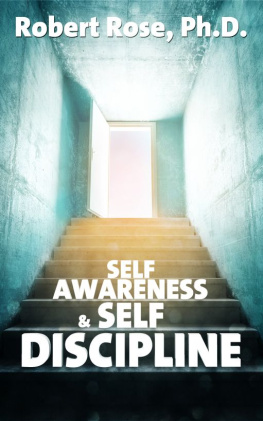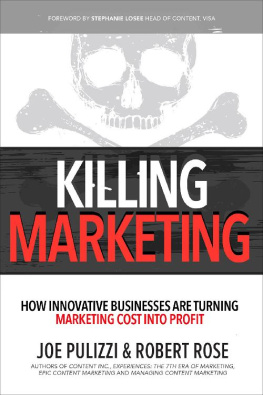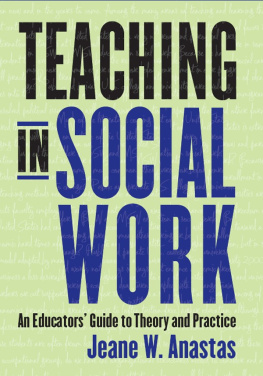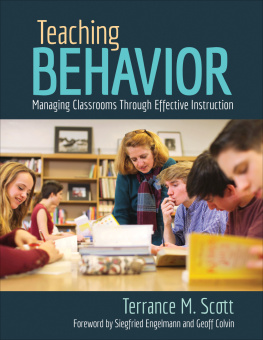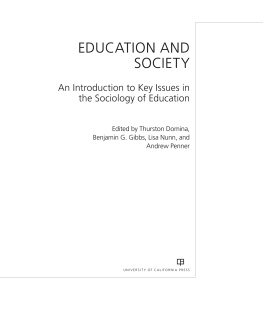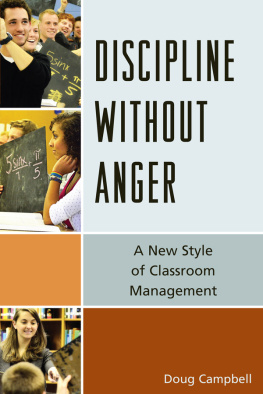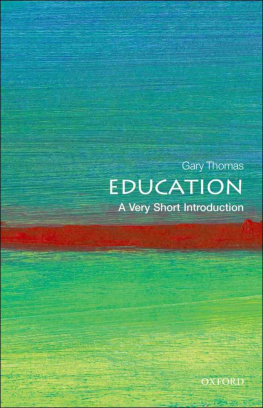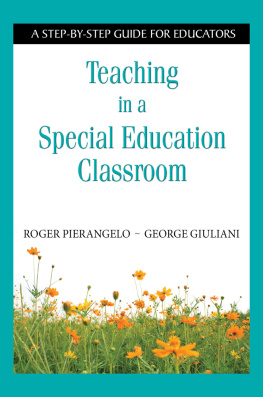SELF-AWARENESS and SELF-DISCIPLINE
Robert Rose, Ph.D
Published by Robert Rose at Smashwords
Copyright 2001 Robert Rose
Table ofContents
I am an effective teacher (and modest). Onereason is that I am an effective disciplinarian. All around me Isee and hear teachers and parents begging for someone to help themControl-Discipline their children. This workbook is my way ofproviding help. This is not how to CONTROL them, but a paradigmshift, a new attitude about the teacher's and student's roles.Instead of the teacher or parent being the most responsible for thechildren's behaviors, the children are. These techniques and thisnew attitude are ways the children can learn self-discipline.
How did I become effective? By readingvoluminously in many fields besides education and then analyzingwhy so many things that were "supposed" to work, but didn't! Ifound that many "experts" were people with limited visions, men whodiscovered part of an answer and attractively packaged it to sellto dummies like me who only wanted quick results. They becamefamous, rich, or both and I got egg all over my face forcing theirsquare peg answers into multi-dimensional holes.
Sometimes it IS the teachers' fault, but manyteachers blame themselves because they can't make an ill-conceivedtheory or technique work. Sometimes, the technique or concept wastruly effective for that "expert" or group, but did not work forother teachers or children. For years the teachers who tried toemulate what I did, failed, gave up, and so I could not encourageothers to try. I wasn't certain WHY I was successful. Now, I knowand can share it! I finally realized that there are no simpleanswers and possibly there are no answers to some of thequestion-problems. It sounds unAmerican. but maybe some problems wejust have to learn to live with.
Discipline, Integration, and Basic Educationare each extremely complex problems. How can I say that l've solvedthem all? I haven't! I have been very successful in dealing withthem and know that these TRANSPERSONAL TECHNIQUES will help manyteachers and children. Some teachers will be unable to use all oreven part of these concepts, which will not mean that they are poorteachers. It means that each of us is different, has different,needs, abilities, and beliefs.
What can I offer you? I can offer thedistillation of a lifetime of experiences in education andpsychology. I have read and tried most of the educationalinnovations of the past fifty years. I have struggled with andtried to analyze the daily minor and major problems that you facedaily in your classroom. Our world is not the same as it was ten orthirty years ago. The solutions that were effective (or thought tobe) no longer work, yet some educators keep trying to force the oldways on new technology and new "attitudes" children. I have learnedto say,"No! " to many of the practices and beliefs that killchildren's love of learning and turns them into cannibals feedingon each other's failures. Failures that are induced by teachersfollowing "experts" ideas that are psychologically andeducationally unsound.
I have studied scientific paradigms, testing,and statistics. I agree that they are useful in certain situations.I know about controlled experiments and how educational researchershave been deeply hurt by the utter contempt many physical"scientists" view their research - some of which deserve it. I haveattempted educational research and discovered how difficult it isto be certain you have found anything significant and then"proving" it is even more complex.
However, to attack complicated problems likeDISCIPLINE can be limiting if you are determined it has to beproven by only the scientific paradigm. To be "scientific" I mustcontrol my experiment, gather my data, step back and observe mysubjects' reactions. However, we know now that the observer isunable to totally separate himself from the objects or personsbeing observed! Heisenberg has demonstrated that you can eitherknow the speed of an "object" or where it is, but not both at thesame time. Other scientists have proven that the observer in the"hard" sciences can sometimes affect that which he is observing. Ifthis occurs with inanimate objects, how can anyone believe thatteachers and others who deal with the children are not affectingthem during their observations?
Children FEEL, they are not OBJECTS, they areflesh and blood FEELING INDIVIDUALS. I refuse to treat them asTHINGS so I can say that I 'm a scientist that I am "objective."This does not mean I discount all the things that have beendiscovered using the scientific model. That would be reverseprejudice. No, I examine what scientists find and then I decide ifit is true for me and my class. I try it. Sometimes it failsbecause I don't understand it and other times it is because it isnot true for me. Many times it is very helpful and I incorporate itinto my program.
With children I balance AFFECTION withlogical consequences, sometimes called, FEAR! That is why I'meffective and can discipline them. I could dehumanize them intorobots. It is done by repetition, pettiness, and boredom. It isalso easy to be pessimistic about children and schools. I prefer tobe optimistic. I learn from my failures and I let the childrenlearn from theirs. That is how this book evolved - from my failuresand from watching the anguish of my colleagues. I found that manycould not establish nor maintain a consistent and effectivelearning climate. Their classrooms were crisis centers and theysuffered from many psychological and physiological problems. Thesein turn continued a vicious cycle in which they attacked anddegraded the children and then they were attacked by them.
Without some means to control the children,to discipline them, teachers could not (cannot) teach. Apparentlyit still remains a problem of national concern if I am to believewhat I read happening throughout the country.
What I offer, what I have developed is aprogram that walks a tightrope. I try to BALANCE my belief in andencouragement of each child's UNIQUENESS and WORTH with anAWARENESS of their RESPONSIBILITY to the many GROUPS in which theylive.
To get them to achieve this balance I have ahighly STRUCTURED ACADEMIC program to teach the BASICS, which aremainly left-brain operations with many EXTRAS such as dramatics,physical education, art, music, and dancing, which arepredominantly right-brained. These give the children manyopportunities to succeed (or fail) and this builds up their beliefsin their own uniqueness.
Furthermore, many of the TranspersonalTechniques in this workbook, such as dreamwork and meditation, alsoenhance their uniqueness. (I wrote this passage almost thirty yearsago - 1986. Now this simplistic right and left brain concept hasproven to be much more complicated as the LIMBIC - emotional -portion of the brain is proving to have a major impact in ALLlearning!)
Simultaneously, they are exposed tocommunication training, guided fantasies, group discussions,singing, and team sports in which they must allow their selfishmotives to be subordinated to group needs. It is not a perfectsystem and I am constantly modifying the program to fit the needsof the moment while always trying to keep my goals in mind. (InJanuary 2002 with seven boys in my SATELLIGHTS pilot program Ichanged the schedule and program content three times in the firstfive days.) It is not an easy system, but it does address itself toand successfully does cope with the problems of DISCIPLINE,INTEGRATION, and the BASICS.
You may disagree with my philosophy orpractices, but they are the result of careful study of hundreds ofchildren and thousands of critical incidents. (They were also usedfor ten years in highly successful at-risk program I ran for middleschoolers.) This totality of NATURALISTIC classroom OBSERVATIONS,plus my readings, has helped me become a successful teacher.(TEACHER UNDER A MICROSCOPE is about a sixth grade class Iintegrated and my methods were observed and documented in a U.S.Department of Education research study. www.xlibris.com .)

